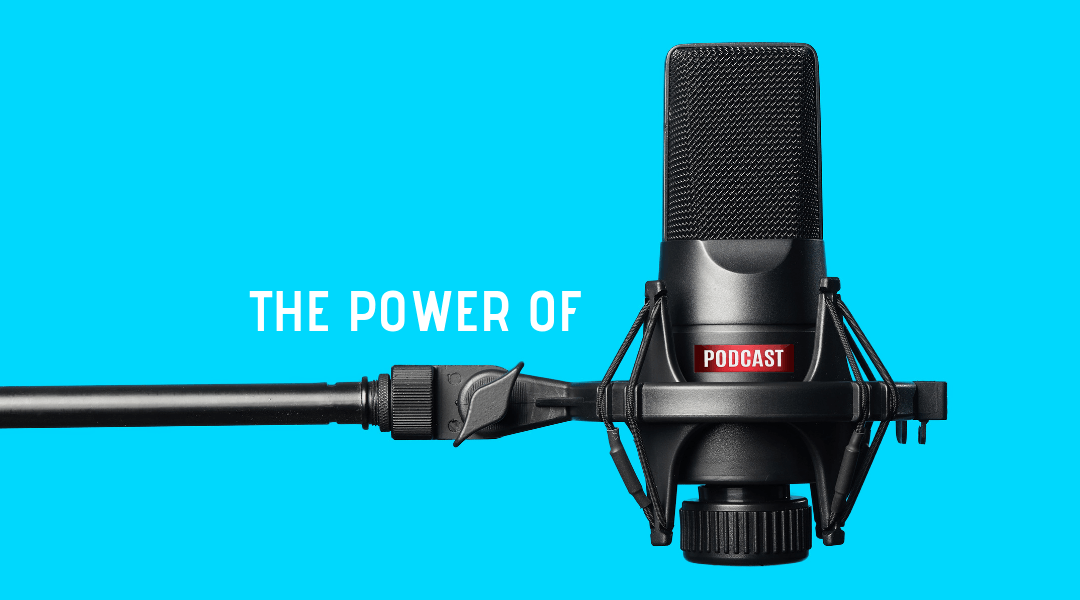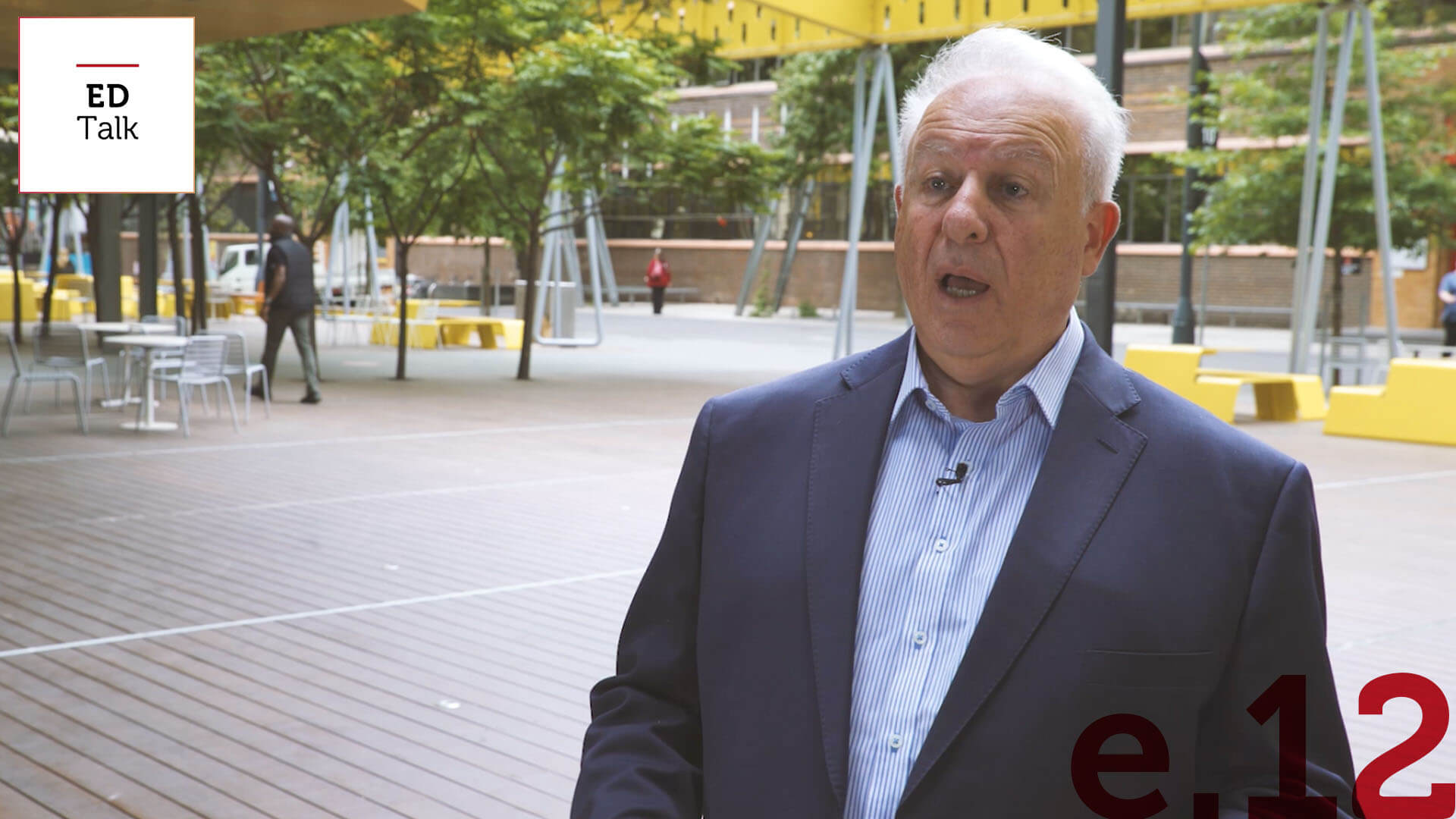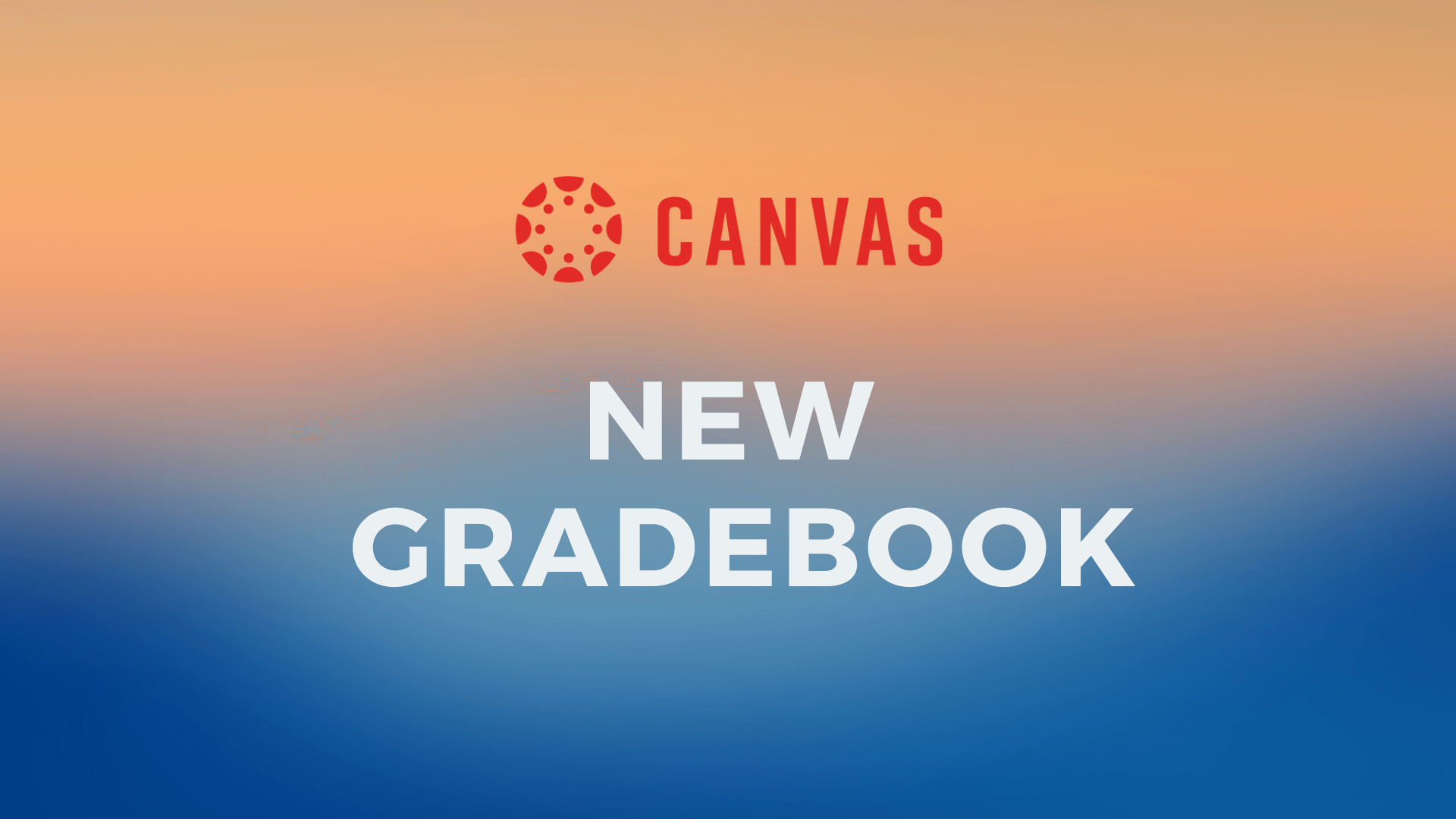
Podcasts are a powerful medium with large applicability for use in education. With more and more educators turning to Podcasts as a way to communicate information to students, we wanted to explore the reasons behind why it is an effective learning tool. For more information on Podcasts get in touch.
Intimate and Immersive
The use of human voice as a primary medium creates a very intimate and immersive experience. When we listen to an idea or story aurally, our imagination is empowered and we will often visualise and create our own mental representations. This a powerful mechanism for engagement and retention. Many podcasters speak highly of podcasts as a means for them to connect with others who have shared passions and interests and engage in intimate discussion with major depth. The audiences also often feel a rich and deeper personal connection with podcasters. These benefits could be useful for students to create a sense of personalisation and belonging in the context of their course.
Flexible and Accessible
A large reason podcasts have become highly popular is because they are highly appropriate medium in the rhythms of modern life. The flexibility and easily accessible nature means they easily fit into our lifestyles. They can make the time we spend while engaged in activities such as commuting, driving, exercise or chores more enjoyable and productive. Content can be chunked with recordings split or chaptered into sequenced structures. Students are also able to pace their listening appropriate to their own learning needs and time constraints. This can be a flexible way to address issues of cognitive load in the context of education.
Engaging and Deep
In an age of decreased attention spans, podcasts have emerged as a space for long-form, nuanced dialogue and story telling. Podcasts take many forms but one of the most popular is narrative nonfiction. Podcasts in this format present personal and powerful stories that are highly engaging.
Applying narrative is a highly useful tool for education, particularly when tailored towards the learning outcomes and needs of the students. Use of narrative and storytelling techniques can create compelling and contextualised content for students and podcasts are a great mechanism for capturing and delivering those. There is a large opportunity to capture the authentic voices or stories of those most relevant for your students. This may take many forms but one may be an industry partner who can bring real world examples of how the subject is applied in a professional context. You as the educator can also provide your own personal examples and stories and bring them into the learning experience.




